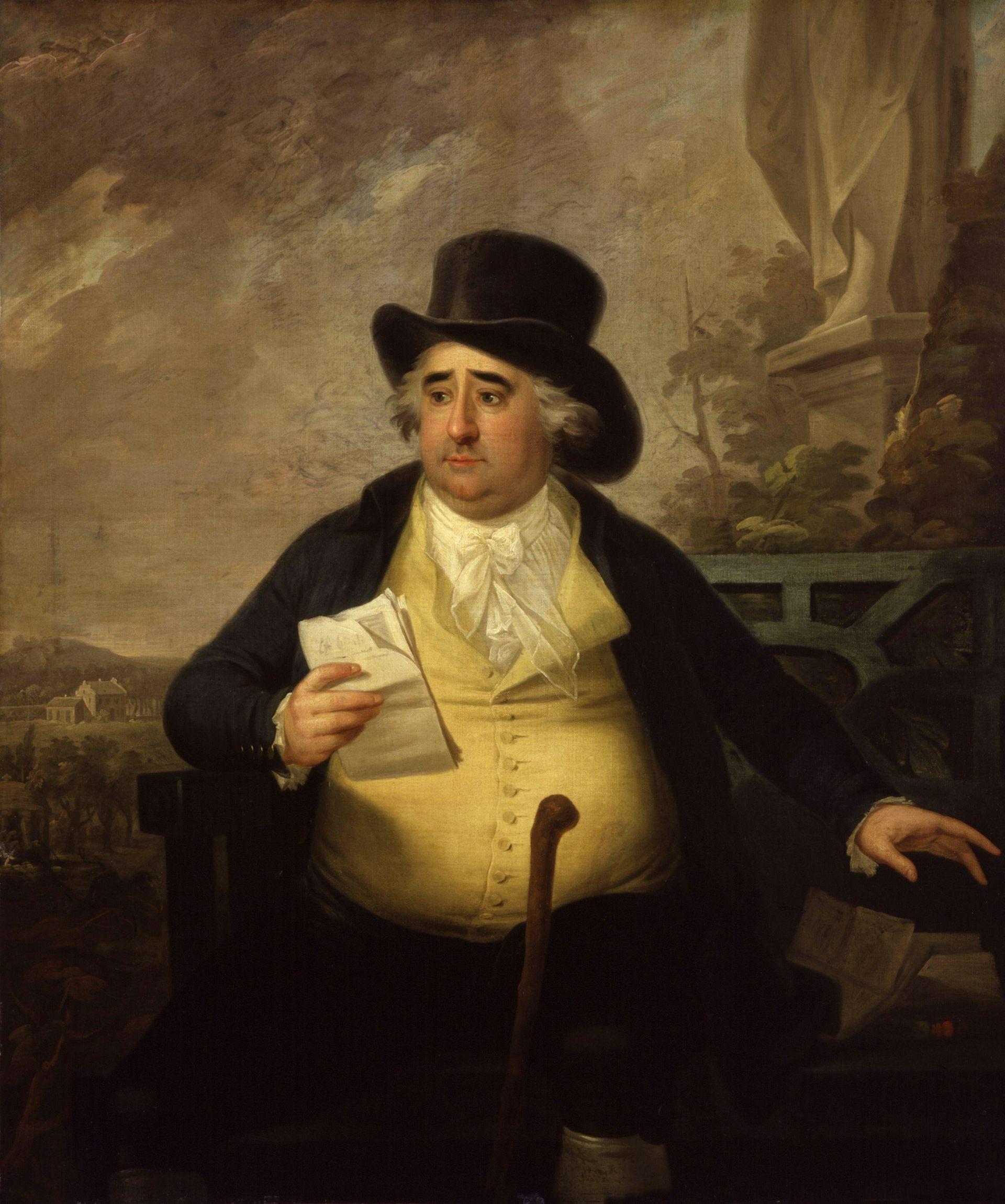
How 18Th-Century Politician Charles Fox Mastered Personality Politics Long Before Trump And Farage
We often talk about them more than the parties they represent. In many ways, the party has become a faction of its leader. But is this rise in personality politics really anything new? History – particularly 18th-century history – suggests otherwise.
Nobody embodied this form of politics better than Charles James Fox, as my latest book explores. Fox was as famous for his charisma and scandals as he was for his statesmanship. Though an aristocrat, he was known as the“man of the people”, with a loyal following within and outside of parliament.
Fox might technically have belonged to the Whig party, over its rival the Tory party. But such distinctions in his day were almost useless. Politics in Fox's era was factional and centred around personality as much as politics.
So strong was the draw and bond of the Foxites' leader, that when Fox died in 1806, his movement collapsed, and his followers scattered. A testament to the fragility of leader-based politics.
Rather than voting or speaking in terms of party we often talk of“Faragists”,“Corbynistas” or“Trumpites”. Just as with the Foxites, these terms can not only describe the popular following, but also the political group itself. These factions are often not united by a shared or defined political philosophy, but more by allegiance to their chosen leader.
Which raises the question, have we returned to the Foxite era of factionalism and the cult of personality? Modern case studies indicate that this trend is not just a phenomenon of the right or left, but a theme across the political spectrum. And it's evident on both sides of the Atlantic.
From Fox to Farage and CorbynTake Nigel Farage. He led Ukip into mainstream notoriety in the early 2010s, but the party fractured as its leader grew. It was always more about brand Farage than brand Ukip.
In quick succession the party morphed into the Brexit party, and now Reform UK. Just as Fox did during the election of 1784, Farage positioned himself as the “man of the people”, never far from his trademark pint of ale, an enduring symbol of working-classness. He spoke not as the leader of a political machine, but as an individual apparently freed from the constraints of conventional internal party structures.
Former Labour leader Jeremy Corbyn essentially mirrored this approach. Momentum – created to mobilise his supporters – took on a life of its own. It expanded into Corbyn's primary political and organisational body, faction in all but name. Rather than riding to victory under Corbyn's popular appeal, the Labour party struggled with internal conflict, overshadowed by its leader.
Personality politics persists on the left, with the recent election of outspoken Zack Polanski beginning to dominate Green party output. The party's traditional milder-mannered eco focus is transforming under Polanksi's banner to become an insurgent electoral force and a threat to Labour. Are we seeing the genesis of the Polanski faction?
None of the aforementioned politicians – Fox included – ever reached the highest political office. But personality politics did catapult Boris Johnson to Number 10 and Donald Trump to the Oval Office. Both show how leader-led movements can insulate a figure from traditional political and media accountability.
Johnson's carefully crafted popular appeal endured a number of scandals. It took a global pandemic, and public outcry at lockdown partying, to finally oust the then prime minister.
Read more: The Conservatives always adapt to survive – or do they?
Much like the Foxites in 1806, the Tory party fractured in Johnson's wake. Not only as a result of scandal, but because their previous electoral success was build on the bedrock of Johnson's popularity.
Far from being a British phenomenon, Trump's two terms in office are the very epitome of personality politics. You would be forgiven for forgetting that the president has any relationship with the Republican party. Maga has fast become the faction of Trump. As with Fox, the man eclipsed the institution.

Portrait of Charles Fox by Karl Anton Hickel from 1794. Hickel/National Portrait Gallery The charisma trap
This form of politics was and is only possible because of the media attention awarded to individual leaders at the expense of party. In the 18th century, Fox was satirised and simultaneously promoted to the public. He could attract a cult following, because the media inflated his cult status.
Although forms of media have evolved from caricatures and broadside, television, tabloids and social media continue to favour individual charisma and controversy over collectivism and party unity.
But, as my book argues, as the importance of the factional leader grows, so too do the risks of sudden and dramatic downfall. History suggests that we are destined to repeat and follow the patterns of Fox's era. But it also suggests that such factions rarely outlast their leaders. Which raises the question, what comes next?

Legal Disclaimer:
MENAFN provides the
information “as is” without warranty of any kind. We do not accept
any responsibility or liability for the accuracy, content, images,
videos, licenses, completeness, legality, or reliability of the information
contained in this article. If you have any complaints or copyright
issues related to this article, kindly contact the provider above.


















Comments
No comment